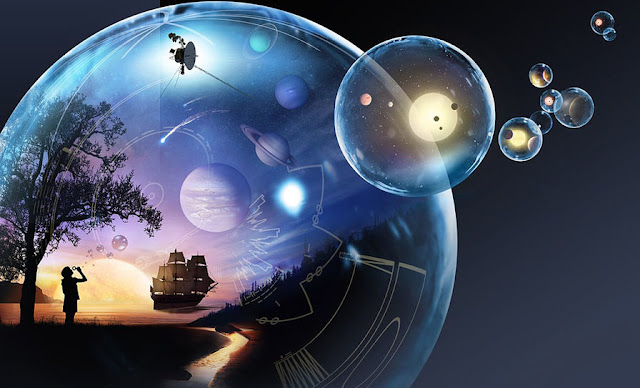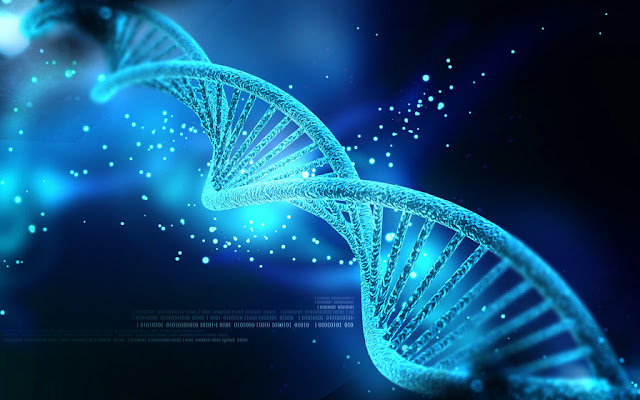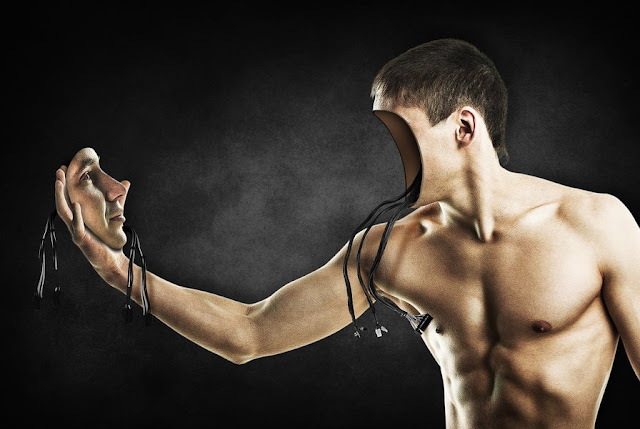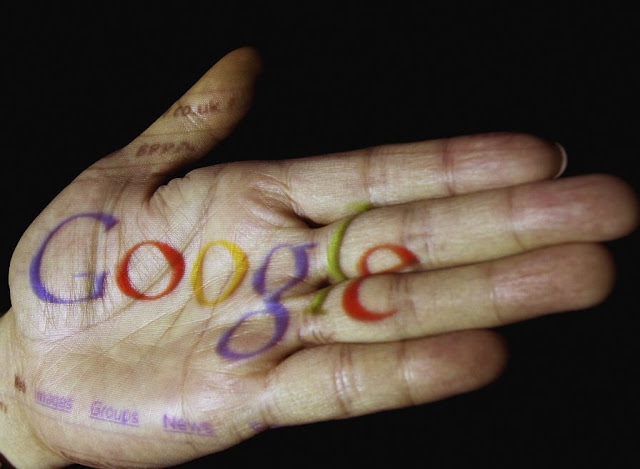Robot! Humans are Showing Kindness with Their AI Helpers.
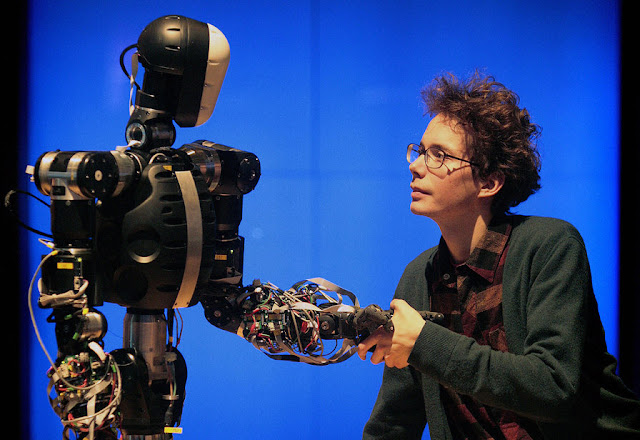
We spent a lot of time in 2017 talking and writing to non-humans. Whether by interacting with a chatbot or by asking Alexa for help, much of our communication is moving away from human to human and its etiquette. Which raises the question: how should we be treating our AI helpers? With kindness or indifference? "People tend to be very friendly in the initial delivery," says Dennis Mortensen, founder and CEO of x.ai. The New York-based company created two virtual assistants, Amy and Andrew Ingram, who help with scheduling meetings. Service users simply copy Amy or Andrew into an email and virtual assistant, delivering them frequently long and long when scheduling meetings. According to Mortensen, 11% of communication with "Amy" and "Andrew" is showing gratitude for their work. Even though virtual assistants do not have feelings, people feel an urge to express their graces, along with adding social niceties. Hey Amy, would you be so kind ...? ...
